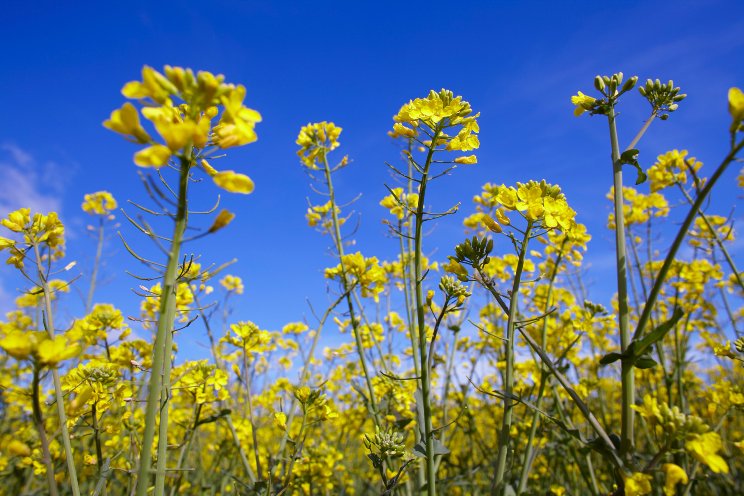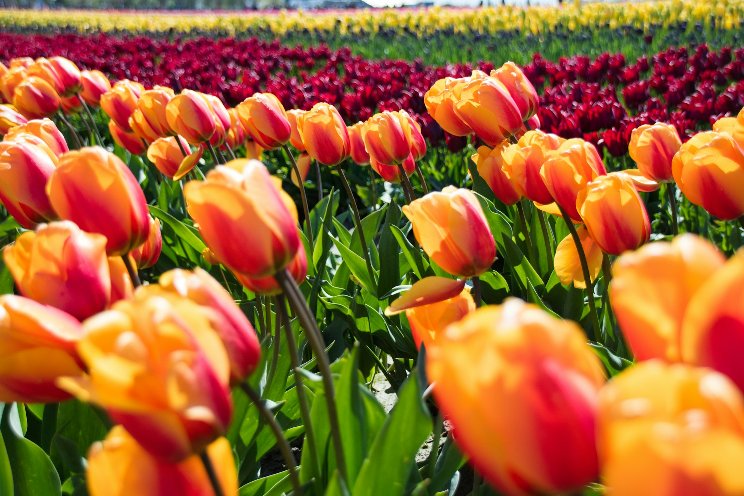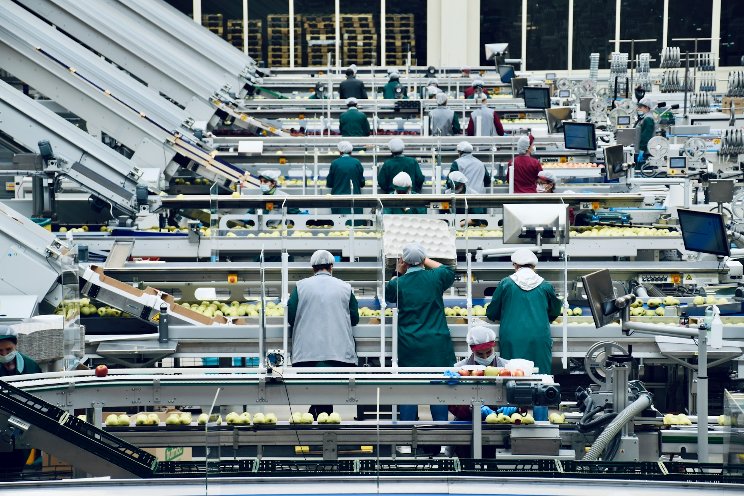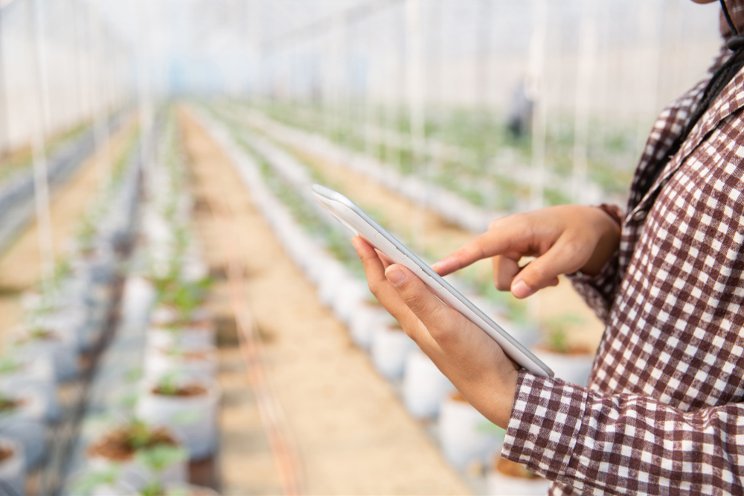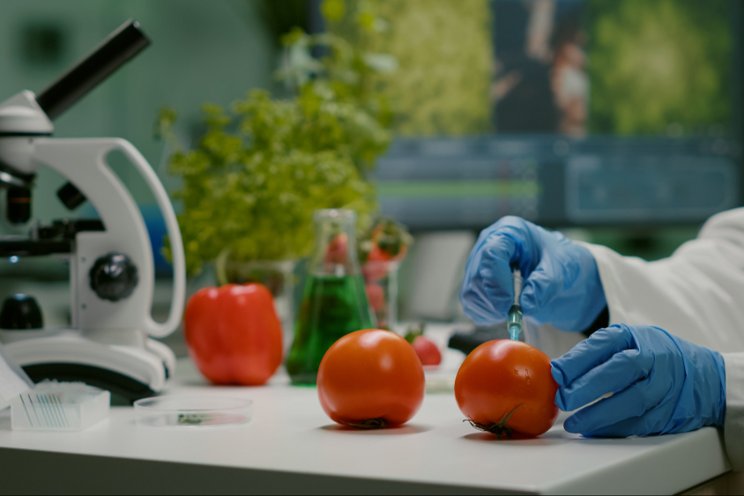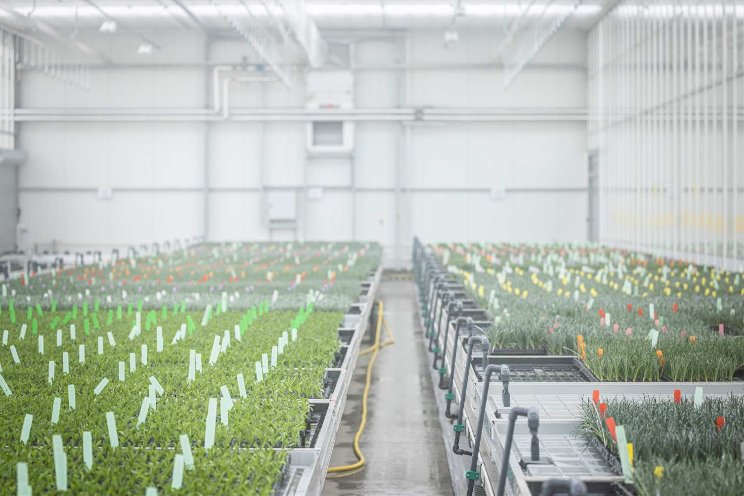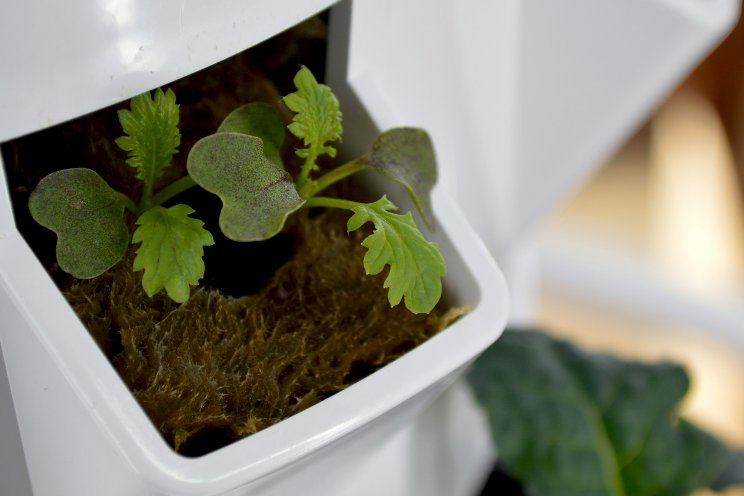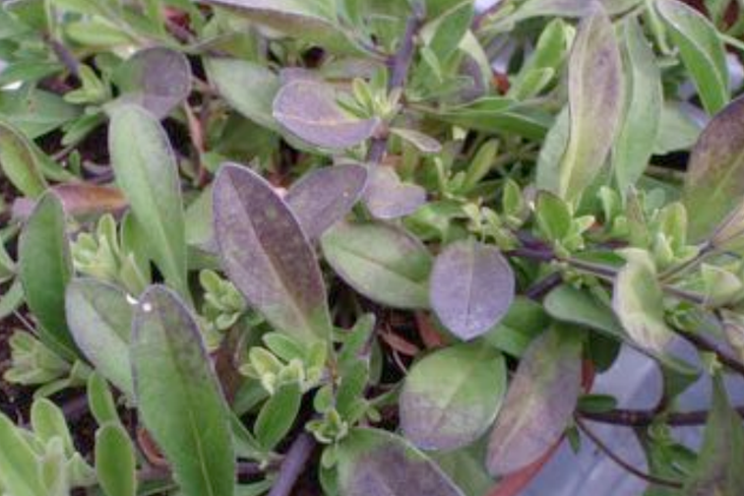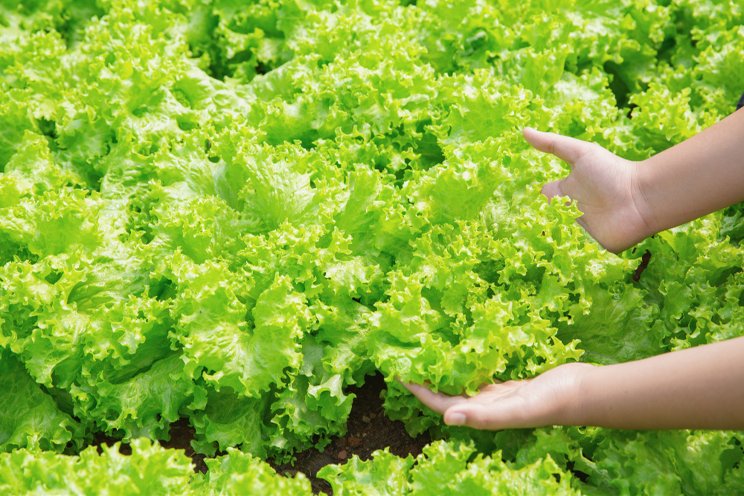"Vertical farming needs to expand with fruiting crops"
Added on 21 September 2021
U.S. company Unfold, based in Sacramento, delivers seeds and digital services to the vertical farming sector. The company's President and CEO is John Purcell. With Unfold, Purcell aims to improve the food ecosystem and help farm operators and retailers deliver on what Unfold calls 'the immense promise of vertical farming'.
Compared to the agricultural revolution, where do we stand now with vertical farming, historically speaking?

John Purcell, Unfold CEO: "Vertical farms will be commonplace in mid and large sized urban areas." - Photo: Unfold
"Vertical farming is still in its formative years as an industry as very few crops are currently grown indoors under complete CEA conditions. The market is currently dominated by leafy green crops, but still just a small percentage of those crops in the market come from vertical farms. However, according to a recent report, the global vertical farming market is projected to grow from USD 3.64 billion in 2021 to USD 17.59 billion in 2028, and saw impressive growth as a result of the pandemic and consumer demand for locally grown food. In fact, investment in the vertical farming market has increased significantly in recent years mainly due to decreasing arable land, increasing market demand for local, sustainable produce, and migration towards mega-cities."
Why is vertical farming so important? Yields in arable farming continue to increase - is vertical farming necessary to be able to produce enough food for the growing population?
"As the global population grows, available arable land decreases, and the impacts of climate change become more intense, the world will need to support all forms of agricultural production and continue to find innovative ways to grow food. That's where vertical farming comes in. It's just one piece of the pie, but an important one. Vertical farms are positioned to capitalize on a $?50bn global market opportunity as they can grow flavor-packed produce at scale while providing some sustainability and production advantages over other production systems. Vertical farms can help ensure a fresh food supply at a local level."
How much food in your view can or should be produced with vertical farming, in order to produce enough food and increase sustainability?
"Vertical farming is not a one-size-fits-all solution for all crops or geographies. It should be employed where it fits the market demands at the consumer level and is sustainable, both environmentally and economically. There are over 2 billion acres of crops grown around the globe, for the most part utilizing the greatest energy source in our solar system, the sun. This is why I believe that the world needs to support all forms of agricultural production."
Vertical farm operators need to make the leap to fruiting crops such as tomatoes, peppers and cucumbers
At the moment, most vertical farming operations seem to focus on 'easy' crops, like lettuce. What other crops could be produced using vertical farming?

The light demands, crop cycle time and plant architecture make leafy crops very amenable to production using vertical farms. - Photo: Bayer
"The light demands, crop cycle time and plant architecture make leafy crops very amenable to production using vertical farms, but I am a firm believer that vertical farm operators need to make the leap to fruiting crops such as tomatoes, peppers and cucumbers to really capitalize on the potential of indoor farming. These are the major crops grown in greenhouses and high tech glasshouses. They are differentiable at the consumer level, stress sensory and other quality characteristics, and enjoy higher margins than many other vegetables. Berries are another class of crops that would make sense for vertical farms for many of the same reasons."
High energy costs, next to high investment costs in terms of space (buildings) and equipment, are often mentioned as a bottleneck for vertical farming. How can that be solved?
"Vertical farm operators, engineers and technology providers continue to make progress on improving the energy equation for vertical farms. Of course, locating vertical farms in areas with reasonable energy costs (i.e. co-location at geothermal production locations) is one way to address it. Genetics can also play a role by identifying plants that convert light to biomass more efficiently or speeding the time to harvest so that production durations are reduced."
Farmers are struggling to find enough workers. Is that an issue in vertical farming? Or is vertical farming more appealing to young people?
"Automation, mechanization and digital crop management are being employed in all production systems - open field farms, greenhouses and vertical farms - to improve production efficiencies and address the acute labor shortage facing agriculture. Since vertical farm operations are highly digitized and automated, they are better equipped to handle labour issues than most producers although availability of labour is an issue for all types of growers."
Controlling the production environment allows farmers to apply certain technologies with lower risk
Vertical farming and traditional arable farming are two different worlds right now. How can they reinforce each other? What knowledge could arable farmers take from vertical farming, and vice versa?
"Actually, vertical farming is just the next evolution in a trend that has been in play in produce for some time now. That is the move from completely open field production to employing protected culture production for crops where those investments make sense. This technology ladder could involve production methods from net houses to plastic greenhouses to high-tech glasshouses and vertical farms. There are great opportunities for learning and knowledge to flow both ways. Vertical farming has some advantages to employ new innovations since it is highly digitized, data intensive and eliminates so many of the abiotic and biotic risks in traditional outdoor production. Controlling the production environment allows farmers to apply certain technologies with lower risk."
What will be the respective market shares of vertical farming and traditional arable farming in the future?
"Vertical farming makes very little sense for most of the world's large acre commodity crops (i.e. corn, cotton, rice, soybean wheat, etc.) so global acreage will continue to be dominated by open field production. But for some fruits, vegetables and specialty crops, vertical farming can be an attractive alternative production system."
What is needed for vertical farming to really take off?
"The vertical farming sector needs to continue to work to be competitive on a cost-of-goods comparison in their existing crops while delivering a superior consumer experience. To really take off, the portfolio of crops grown in vertical farms needs to expand with fruiting crops the next obvious market as explained above."
What role could robotization, digitization and AI play in vertical farming? How could that be further implemented?

Vertical farming system of the French start-up 'Jungle' in Chateau-Thierry, eastern of Paris. - Photo: Eric Piermont / AFP
The confluence of digital, automation and genetic technologies will continue to drive innovation in all forms of agricultural production, including vertical farms. The fact that vertical farms are highly automated and very data intensive will allow these operators to adopt new advances in these spaces quite rapidly. Having companies like Unfold now bringing genetics into the equation will accelerate adoption rates as varieties will be developed that are perfectly tuned to capitalize on these advances."
What countries or regions show the biggest potential for vertical farming? Why?
"For certain areas of the world (i.e. North America, Western Europe, Asian megacities) consumer trends favoring local, fresh, delicious produce will provide great market opportunities for vertical farm operators. For regions of the world that have challenges domestically growing fresh produce but have access to capital and technology, such as Singapore and the Middle East, vertical farms can greatly support their missions to increase their domestic food production capabilities."
Consumers will be able to design their own fruit, vegetable and salad purchases,
What will the future look like in, say, 50 years time in your opinion?
"Vertical farms will be commonplace in mid and large sized urban areas. They will provide produce directly to consumers and to the produce supply chain, and ecommerce will be a major supplier of produce to consumers. Consumers will be able to design their own fruit, vegetable and salad purchases, and will have the ability to tie their choices to their specific sensory preferences and dietary/health needs."
Unfold
The company Unfold was estabilshed in 2020, as a result of a joint investment by Bayer AG and investment company Temasek. Unfold focuses on innovation in vegetable varieties with the goal of lifting the vertical farming space to the next level of quality, efficiency and sustainability. By utilizing the seed genetics (germplasm) from vegetable crops, Unfold focuses on developing new seed varieties coupled with agronomic advice tailored for the unique indoor environment of vertical farms.
Source: Future Farming
Header Photo: iFarm Project farm in Moscow, Russia. The iFarm Project is a network of automated vertical farms that grow leafy greens, herbs, berries and edible flowers. - Photo: Anton Novoderezhkin/TASS
Source: Future Farming
More news

